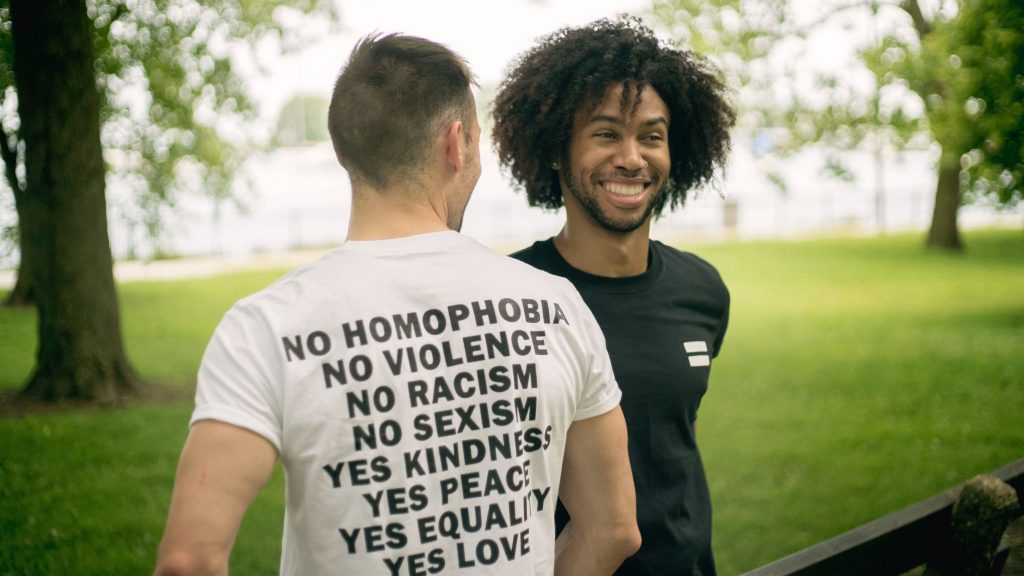#GetIvnolved | Train the Trainer Workshop

Idea and goals
Vocational education and training (VET) does not only aim to make learners become well trained in their professions but also become aware citizens. At the same time, the daily life in schools, companies and society is often tainted with experiences of inequality, discrimination and a feeling of powerlessness. We therefore see a need to strengthen citizenship awareness, inclusiveness and anti-discrimination knowledge and reflection in VET, in order to support the democratisation of society, to contribute to the success of VET and enhance the well-being of students and trainees.
With this train the trainer workshop, we will provide tools, methods and ideas to support these aims, to be used by and for teachers and instructors in vocational education and training (VET). The participating teachers and trainers can in turn use what they have learned, including the methods of the workshop format, in their daily work with learners, widening its impact. This workshop aims to help teachers and instructors deepen their knowledge of these topics, improve self-reflection and gain practical knowledge of how to broach these issues in their educational practice.
At the same time, we also focus on the question of powerlessness. In particular addressing the question of ‘what is the point of raising awareness if it does not lead to change?’ With these workshop tools, we aim to empower and professionalise teachers and instructors in dealing with discriminatory behaviour. Simultaneously, we want to enable them to empower their learners to raise awareness and develop their capacities to act, overcoming the feeling of powerlessness and developing strategies that can democratise their social environment both in the context of VET and beyond.
Structure
The Train the Trainer Workshop is designed in two parts, each of it is planned as a one-day long session. The structure of the workshop is as follows:
Raise awareness for discrimination and inequality
- The participants are able to distinguish different forms of discrimination and inequality
- The participants reflect their own involvement in it (unsettle normalities)
- The participants adopt this knowledge for their educational working context
- The participants develop ideas and methods to organise education practice on that topic with learners
Empowerment to act: making a difference
- The participants develop ideas on how the status quo was constructed and thus can be changed
- The participants get ideas on how power relations or institutional practices can be changed
- The participants diminish the feeling of powerlessness
- The participants adopt that knowledge/skills for their own working context
- To run own projects or workshops with their students or trainees
- To intervene when hate speech, discrimination or inequality appears in their institutions, working context or classroom
- The participants get ideas how to create/apply educational practice with the goal of empower and strengthen the capacity to act for learners